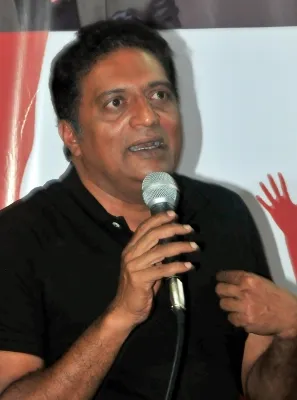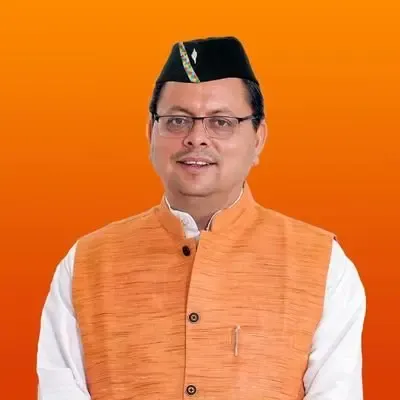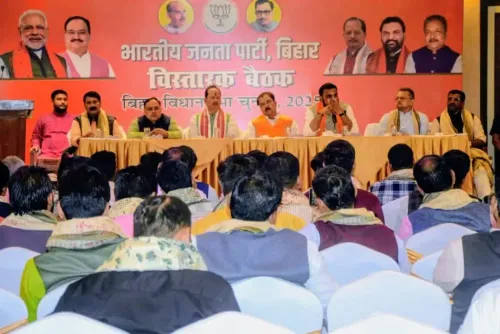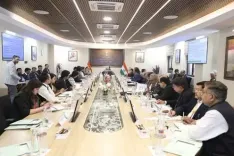Will GST 2.0 Make Healthcare More Affordable and Accessible?

Synopsis
Key Takeaways
- GST 2.0 reduces tax on medical devices from 12% to 5%.
- 36 life-saving drugs are fully exempt from GST.
- Most medications previously taxed at 12% will now attract 5% GST.
- Industry leaders commit to ensuring affordable healthcare.
- Patients can expect direct savings and improved access.
New Delhi, Sep 22 (NationPress) Experts in the medical devices and pharmaceutical sectors expressed their approval on Monday regarding the newly revised tax rates under GST 2.0, emphasizing that this will significantly enhance the affordability and accessibility of healthcare.
Earlier this month, the GST Council made a notable reduction in the GST for medical devices, lowering it from 12 percent to 5 percent.
In a post shared on the social media platform X, the Association of Indian Medical Device Industry (AiMeD) referred to this as a transformative initiative towards a healthier, stronger, and self-reliant India.
“We extend our gratitude to Prime Minister Narendra Modi Ji for this reduction in GST on medical devices, making them more affordable for every citizen,” the post stated.
“This pivotal reform is set to decrease treatment costs and broaden access to essential healthcare technologies across the nation,” it continued.
AiMeD further committed to passing on these benefits, ensuring that affordable, high-quality, locally manufactured devices are available for patients, hospitals, and labs throughout the country.
With the GST adjustments, most medications that were previously taxed at 12 percent will now incur just 5 percent GST.
Moreover, 36 critical life-saving drugs related to cancer, genetic disorders, rare diseases, and cardiovascular issues have been fully exempted (0 GST). The GST Council has also rationalized tax brackets on health and life insurance premiums, glucometers, and corrective eyewear.
Sudarshan Jain, Secretary General of the Indian Pharmaceutical Alliance (IPA), remarked that this initiative will provide direct savings to patients, alleviating the financial strain on families.
“These actions signify a transformative change in India’s healthcare landscape, offering direct savings to patients, relieving family burdens, enhancing access to necessary care, and fortifying healthcare security,” Jain stated.
He emphasized that the IPA, which represents 23 leading research-focused firms, “is dedicated to ensuring that these benefits are delivered to citizens promptly and transparently, furthering our goal of affordable and accessible healthcare for everyone.”









